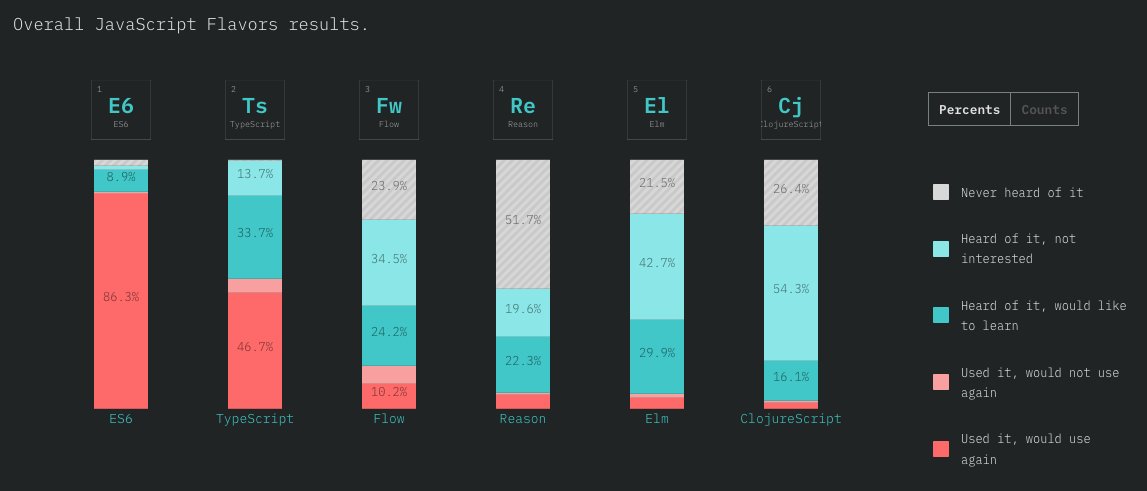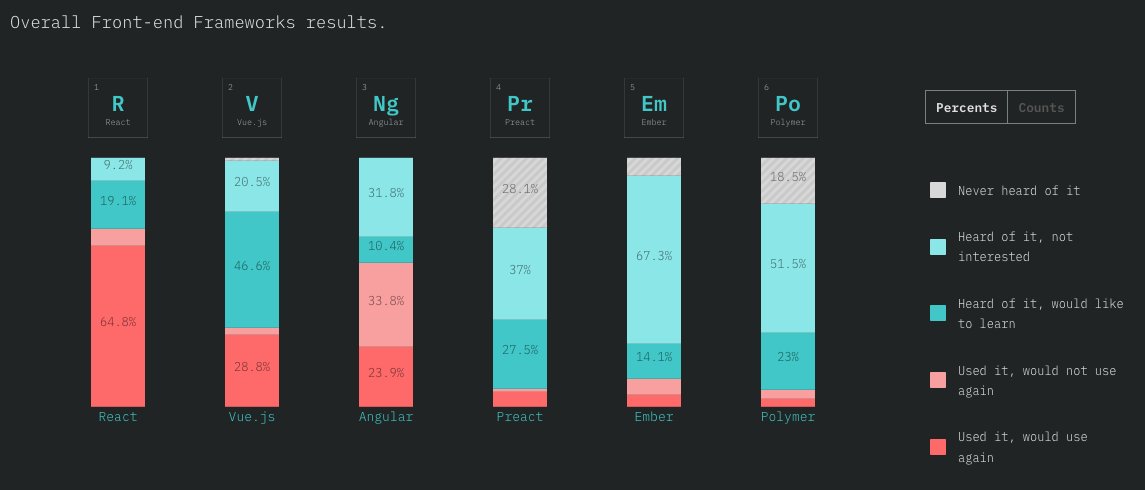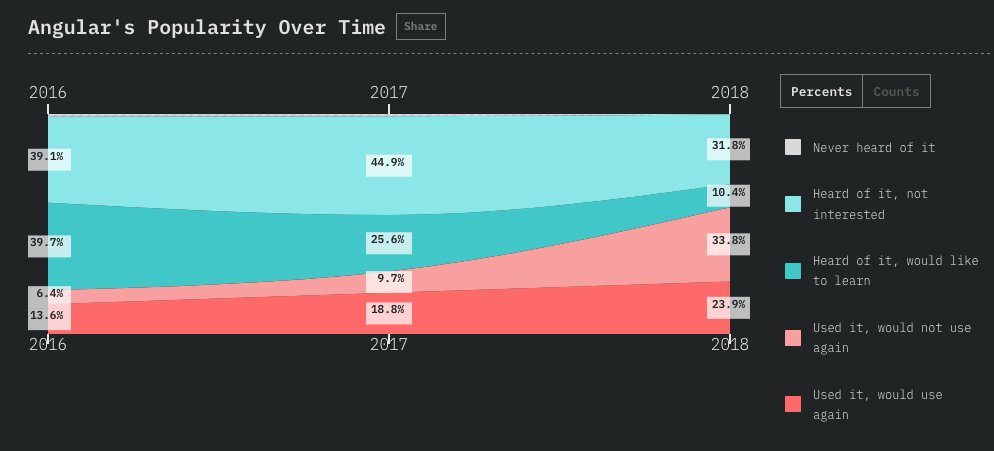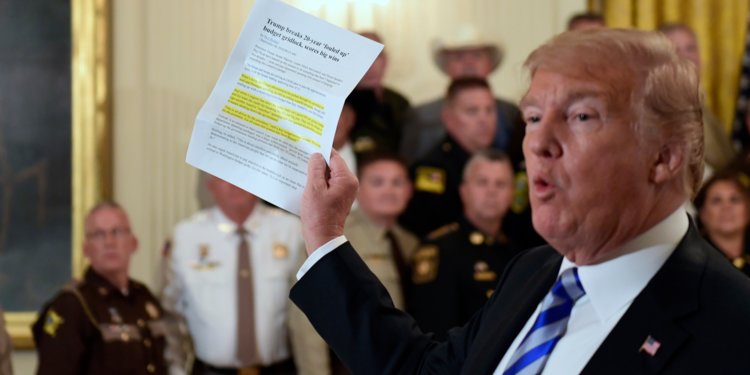So okay, here's a thread on the category of finite sets and a way in which it controls algebraic structure in symmetric monoidal categories. I think it's some really pretty stuff.


More from Math
Ok, it's time for a #FUNctionalAnalysis thread! Let's talk about Hilbert spaces. (I hope you like linear algebra, because that's what we're
If you want to impress people, you can just say a Hilbert space is just a complete infinite dimensional inner product space and leave it at that, but let's talk about what that actually means.
When you first learn about vectors, you talk about them as arrows in space; things with a magnitude and a direction. These are elements of R^n where n is the number of dimensions of the space you care about.

You also talk about the dot product (or inner product) as a way to tell when vectors are orthogonal. (I'm purposely saying "orthogonal" instead of "perpendicular" here, but when you actually think about arrows, it's the same thing.)

As my linear algebra students are about to see, R^n is far from the only interesting vector space. A classic example is the space of polynomials of dimension less than or equal to n

— syzygay (@syzygay1) August 9, 2020
If you want to impress people, you can just say a Hilbert space is just a complete infinite dimensional inner product space and leave it at that, but let's talk about what that actually means.
When you first learn about vectors, you talk about them as arrows in space; things with a magnitude and a direction. These are elements of R^n where n is the number of dimensions of the space you care about.

You also talk about the dot product (or inner product) as a way to tell when vectors are orthogonal. (I'm purposely saying "orthogonal" instead of "perpendicular" here, but when you actually think about arrows, it's the same thing.)

As my linear algebra students are about to see, R^n is far from the only interesting vector space. A classic example is the space of polynomials of dimension less than or equal to n

You May Also Like
I'm going to do two history threads on Ethiopia, one on its ancient history, one on its modern story (1800 to today). 🇪🇹
I'll begin with the ancient history ... and it goes way back. Because modern humans - and before that, the ancestors of humans - almost certainly originated in Ethiopia. 🇪🇹 (sub-thread):
The first likely historical reference to Ethiopia is ancient Egyptian records of trade expeditions to the "Land of Punt" in search of gold, ebony, ivory, incense, and wild animals, starting in c 2500 BC 🇪🇹

Ethiopians themselves believe that the Queen of Sheba, who visited Israel's King Solomon in the Bible (c 950 BC), came from Ethiopia (not Yemen, as others believe). Here she is meeting Solomon in a stain-glassed window in Addis Ababa's Holy Trinity Church. 🇪🇹

References to the Queen of Sheba are everywhere in Ethiopia. The national airline's frequent flier miles are even called "ShebaMiles". 🇪🇹

I'll begin with the ancient history ... and it goes way back. Because modern humans - and before that, the ancestors of humans - almost certainly originated in Ethiopia. 🇪🇹 (sub-thread):
The famous \u201cLucy\u201d, an early ancestor of modern humans (Australopithecus) that lived 3.2 million years ago, and was discovered in 1974 in Ethiopia, displayed in the national museum in Addis Ababa \U0001f1ea\U0001f1f9 pic.twitter.com/N3oWqk1SW2
— Patrick Chovanec (@prchovanec) November 9, 2018
The first likely historical reference to Ethiopia is ancient Egyptian records of trade expeditions to the "Land of Punt" in search of gold, ebony, ivory, incense, and wild animals, starting in c 2500 BC 🇪🇹

Ethiopians themselves believe that the Queen of Sheba, who visited Israel's King Solomon in the Bible (c 950 BC), came from Ethiopia (not Yemen, as others believe). Here she is meeting Solomon in a stain-glassed window in Addis Ababa's Holy Trinity Church. 🇪🇹

References to the Queen of Sheba are everywhere in Ethiopia. The national airline's frequent flier miles are even called "ShebaMiles". 🇪🇹























